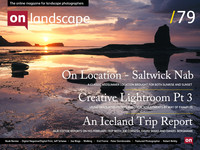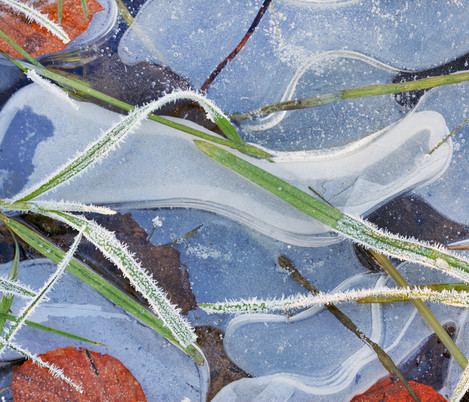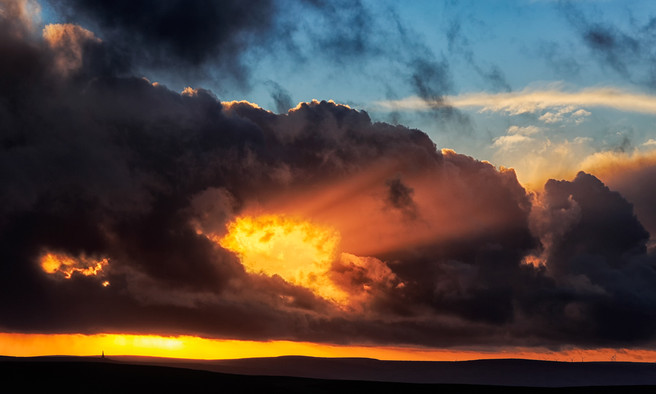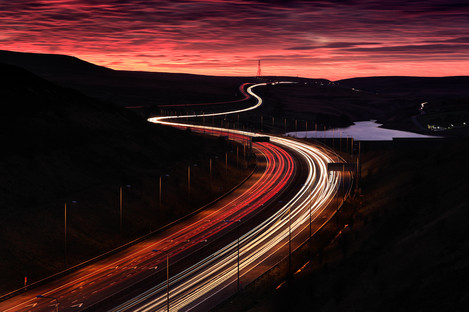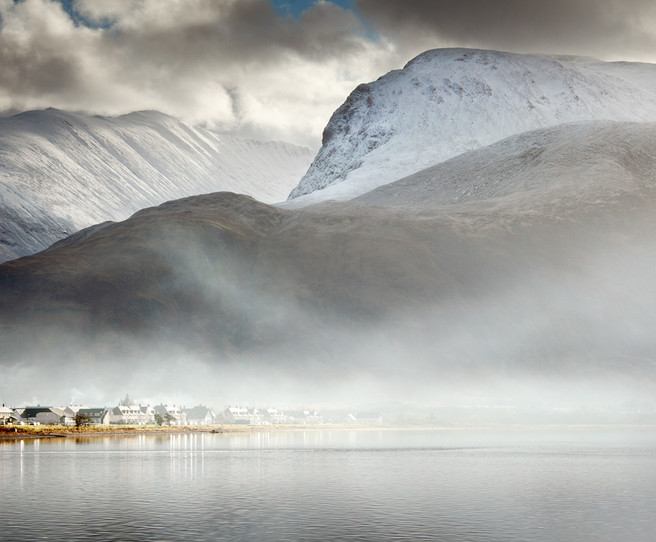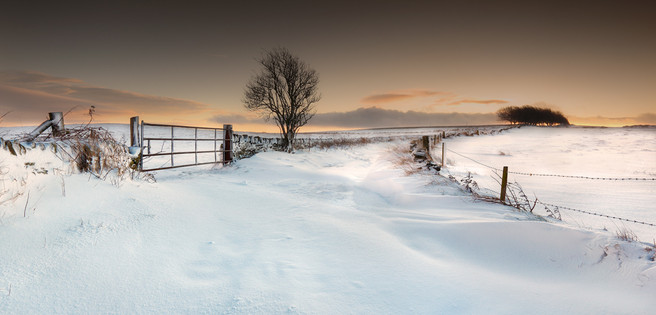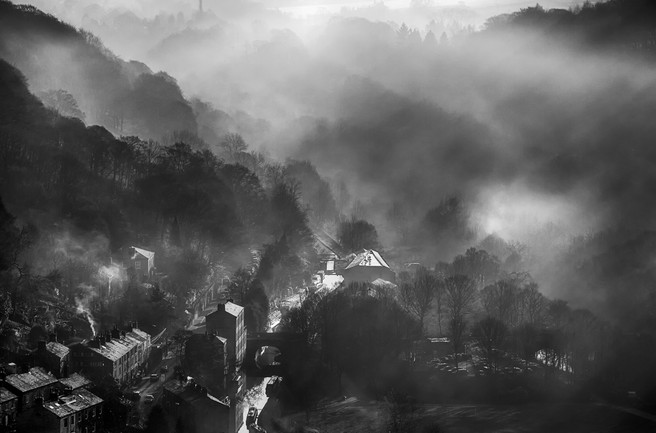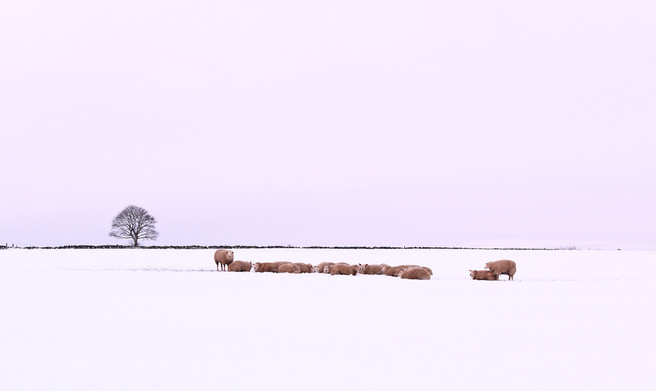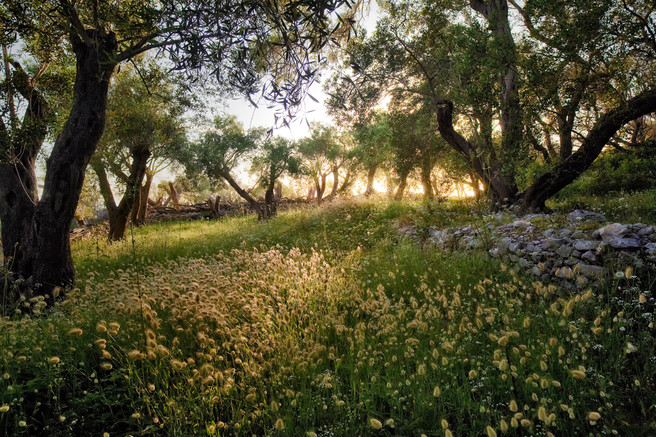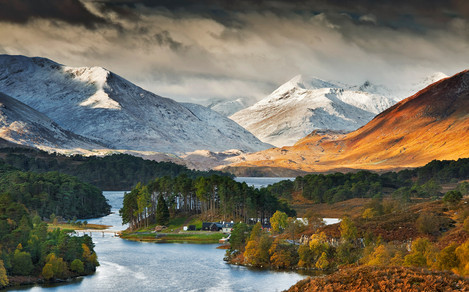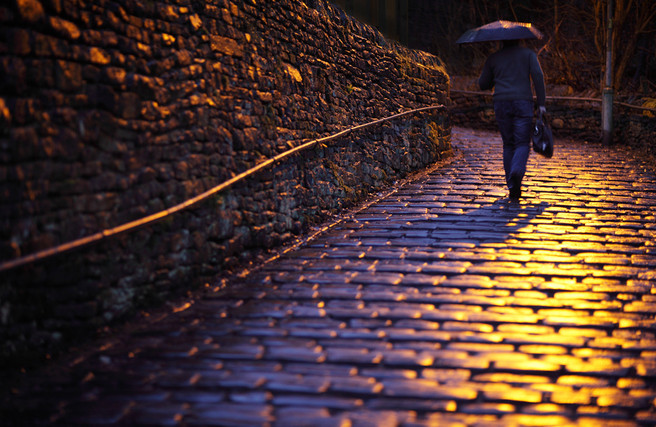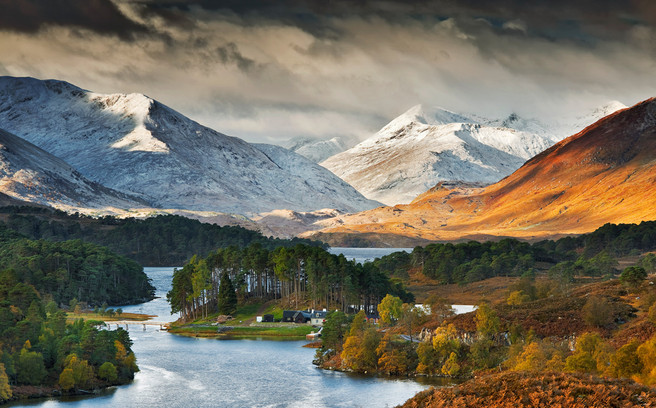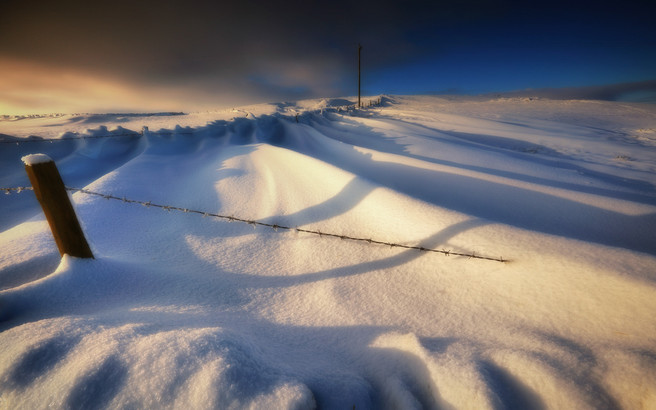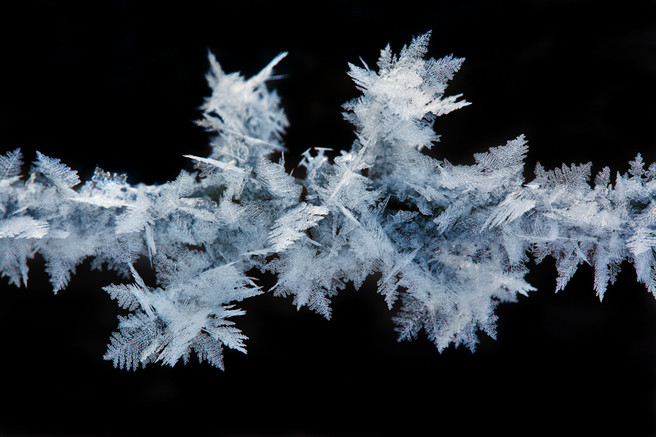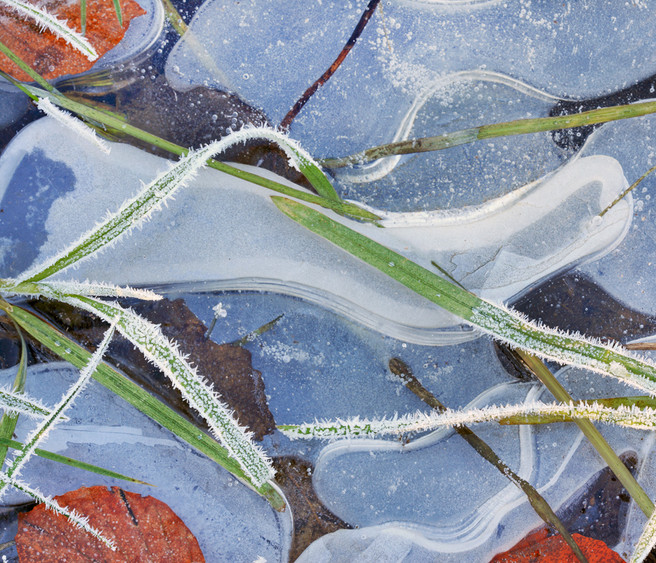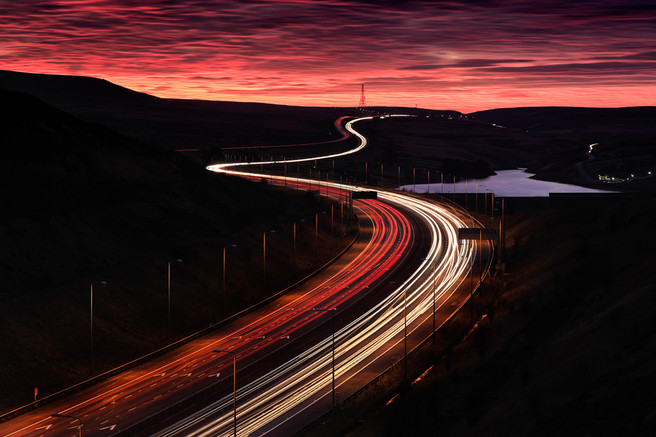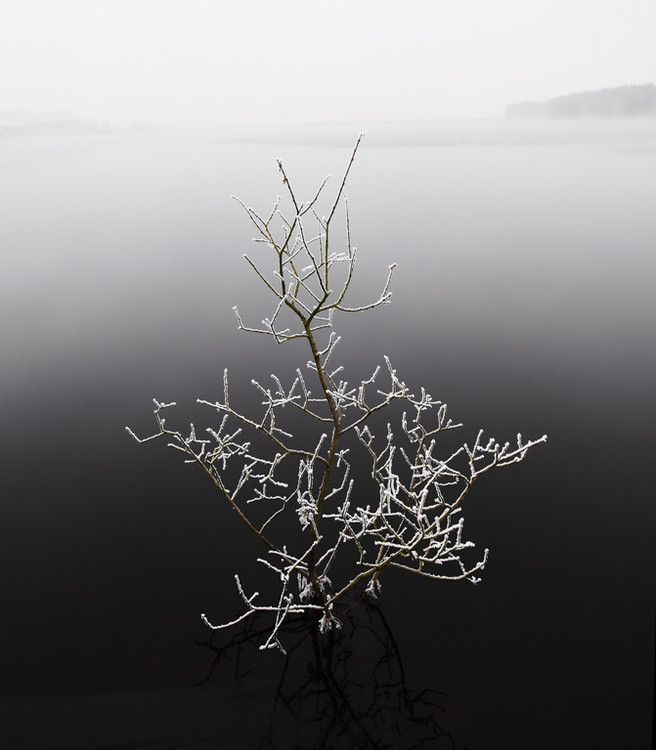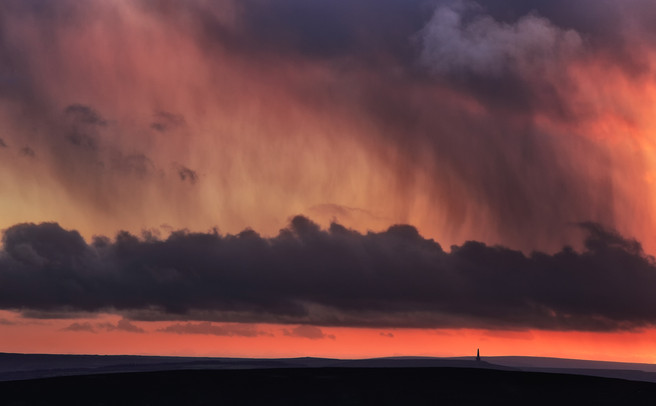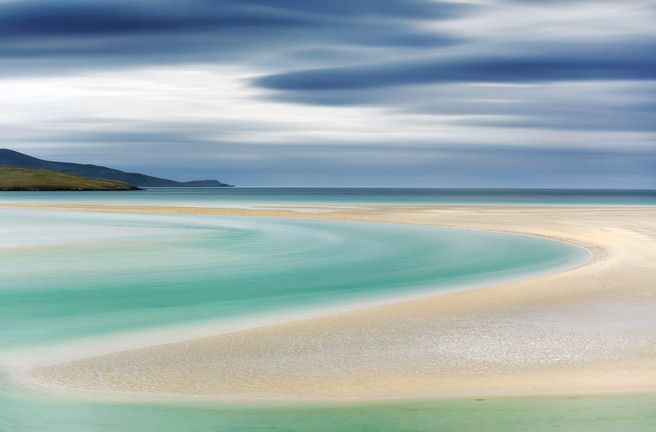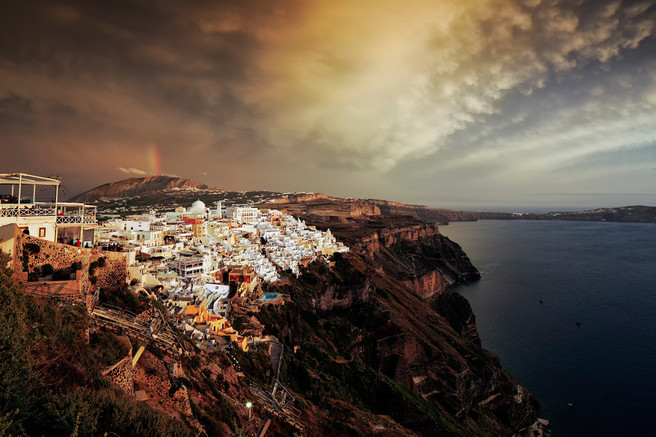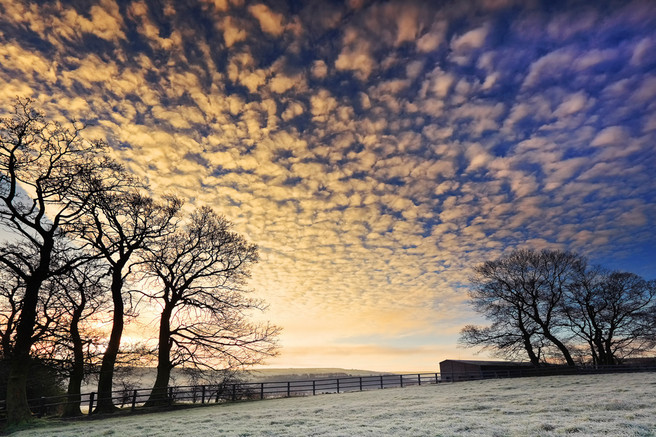Featured Photographer

Tim Parkin
Amateur Photographer who plays with big cameras and film when in between digital photographs.
This issue we're talking to semi-professional Yorkshire based photographer Robert Birkby.
Can you tell me a little about your education, childhood passions, early exposure to photography and vocation?
I was born in Halifax, West Yorkshire and educated in nearby Brighouse. My father is a retired cabinet maker and my mother a housewife. As a child I always had an interest in natural history and geography, so whilst other kids were playing with 'Action Man' or watching American cop shows, I was out rooting in the local canal for creepy crawlies or fishing. My father had Minolta SLR cameras in the 70s and 80s and some of my earlist memories are being with him developing black & white photographs in his dark room in the cellar. It was like magic, watching the image appear, with the pungent smell of 'developer' 'stop' and 'fixer'. I was given a small 35mm film camera for my 10th birthday and used this for many years even up to my late teens.
What are you most proud of in your photography?
I'm proud of what I've achieved in photographing my local area. I live in one of the most heavily populated parts of the country so it's difficult finding unspoiled landscapes here. Photographers in the area often make a beeline for the Dales or Peak District, which is understandable.
Whilst I'm the first to admit that judging and comparing very different photographs is quite subjective, I felt it was quite an achievement to get 5 photos in the 2013 Landscape Photographer of The Year book/exhibition. Even more satisfying was winning two 'judges choice' awards, being runner up in Classic View and winning the people's choice award by all visitors to the exhibition.
In most photographers lives there are 'epiphanic' moments where things become clear or new directions are formed. What were your two main moments and how did they change your photography?
I think the first would be in my mid teens when I began to take an interest in the gritty urban scenes here in northern England. The journey from Calderdale to Manchester for example seemed atmospheric with the stone terraced housing of home, followed by the misty pennine hills before dropping into the red brick of Manchester. Wet weather and grey skies seemed to enhance the atmosphere and whilst everyone around me found these places depressing, I remember thinking 'One day I will get a SLR and take pictures around here.'
The second would be in 2010 when I took my first trip to the Isles of Scilly. I was taking snaps the best I could, for my own pleasure. To cut a long story short, I became friends with somone there who was a photographer and had contacts in publishing. The next thing I knew, I was being offered good cash for my pictures. Somewhat surprised, I then began to wonder if I could market photographs I'd taken from other parts of the country to the tourist industry and had great success. I couldn't understand it, so many people take photographs, why would they want mine? The upshot of this was that it gave me confidence to try even harder and improve on my photography.
Tell me about why you love landscape photography? A little background on what your first passions were, what you studied and what job you ended up doing.
My interest in nature and science somehow ended up with me studying Pharmacy at University and it was around this time I saw my first digital camera. I was instantly fascinated with it, and how it could record scenes without the need for film! I saved up whilst at Uni and eventually purchased a Fuji DX-5, which featured a 0.3 million pixel sensor (and no LCD screen.) Looking back, the images it took were diabolical, but at the time it seemed amazing to me. I started work in retail pharmacy in the late 90s, and got interested in travel once earning some money. I purchased a better digital compact to record scenes from my travels. As technology progressed, so did my obsession with photography, and I began to read books and magazines on how to improve my pictures. I bought my first SLR in 2004, a Canon 300D.
After working in pharmacy for 15 years or so I quit my job (long story) and currently work just part time in pharmacy on a self-employed basis. I have more time to devote to photography now. Since I have a love for nature, scenery and travel, recording landscapes with my camera is just the most rewarding thing I can do.
Could you tell us a little about the cameras and lenses you typically take on a trip and how they affect your photography.
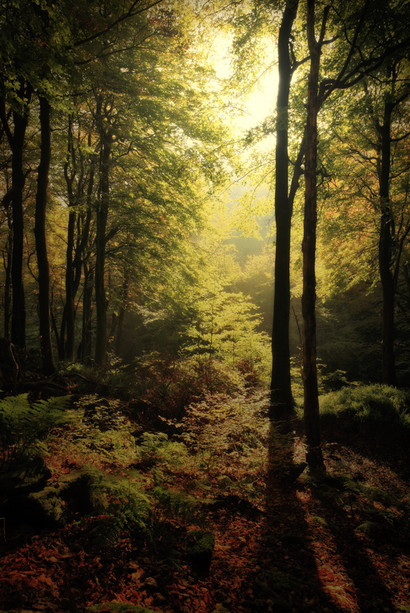 I'm currently using a Canon 5D Mk III. The lenses I have with me depend on whether I'm home or abroad and weight allowance. Typically I would have my Zeiss 21mm, Canon 50mm 1.4, Canon 100mm macro and a Canon 70-200mm f4. I have a Canon 24mm TSE and a 24-105mm zoom as well. I tend to use primes these days for better resolution in the corners at wide to normal focal lengths, but the 70-200mm is for all intents and purposes as good as a prime. I'm more than happy with the images from my kit, although I do wish Canon would hurry up with a D800 equivalent as I could occasionally use more resolution.
I'm currently using a Canon 5D Mk III. The lenses I have with me depend on whether I'm home or abroad and weight allowance. Typically I would have my Zeiss 21mm, Canon 50mm 1.4, Canon 100mm macro and a Canon 70-200mm f4. I have a Canon 24mm TSE and a 24-105mm zoom as well. I tend to use primes these days for better resolution in the corners at wide to normal focal lengths, but the 70-200mm is for all intents and purposes as good as a prime. I'm more than happy with the images from my kit, although I do wish Canon would hurry up with a D800 equivalent as I could occasionally use more resolution.
I don't particularly think one brand is better than another, it's just that you invest heavily in compatible glass don't you? I happened to start with Canon 10 years ago and have stuck with them.
What sort of post processing do you undertake on your pictures? Give me an idea of your workflow..
I either use Canon DPP or Adobe Camera RAW to produce a 16-bit TIFF file and work on that as necessary. I used to like DPP but since upgrading to a 5d III I find the images a little 'harsh' in appearance, so now favour ACR. I spend a little while getting the colour temperature correct at the RAW stage. There's no set routine after conversion and I'm not all that adept with Photoshop anyway. I tend to level, crop, remove dust spots, correct colour, perhaps a bit of dodging and burning, or curves and the occasional gradient tool.I try and balance out exposures at the time of shooting with grad filters, but very occasionally blend exposures if necessary to retain the range of tones. I've recently enjoyed using Nik Silver FX pro for dramatic B&W conversions, I like the detail it brings out.
Do you get many of your pictures printed and, if at all, where/how do you get them printed?
I don't print all that many for myself to be honest, my only printer at home is a very old Epson 1290 which I won in a photo contest eons ago. The prints are still fantastic, but I can't sell dye based prints due to the questionable longevity. As a result I use a local printer called Knight Graphics who do a great job on a variety of media, using large format Epsons. A large pigment ink printer will eventually be on my shopping list, but as many prints I have ordered are quite large, Knight Graphics will have my business for a while yet.
I'd never seen my photograph of Ben Nevis (which came runner up in LPOTY Classic View) printed at all until I walked into the exhibition in London. I was initially slightly shocked that this photograph got the runner-up prize, but on seeing it printed rather large at the National Theatre I thought 'crikey it looks really good.' Which just goes to show what difference a quality print makes.
Tell me about the photographers that inspire you most. What books stimulated your interest in photography and who drove you forward, directly or indirectly, as you developed?
No photographer from Halifax could fail to mention Bill Brandt's iconic photographs of the town. The scenes of grim cobbled streets and mill chimneys have fascinated me for some time and inspired me to investigate what's on the doorstep. In a similar context I'm a big fan of Simon Butterworth's variety of work, and I enjoyed his 'Searching for Yorkshire' series, taken from around my part of the world. Changing the mood slightly, my first trip to the Antipodes in 1999 was inspired by Andris Apse's New Zealand Landscapes book. Sadly I didn't have the skills or the equipment to take decent pictures from the country back then, but his photos were, and still are, a source of many hours enjoyment. Today, I admire the work from a huge number of photographers, so it's impossible to list them all. However, for all round technical brilliance, I must mention David Clapp and Guy Edwardes. For dramatic, striking landscapes Mark Littlejohn always comes up with the goods. For intricate studies of nature it's got to be David Ward and (am I allowed to say?) Tim Parkin. For my favourite place (Scotland) it's Ian Cameron and Colin Prior.
Tell me what your favourite two or three photographs are and a little bit about them
The first would be 'Winter Solstice.' It's taken really close to home, I was lucky to be off work this particular morning in 2009. I like the texture and cool tones in the snow as well as the lines leading to the rising sun.
The second would be 'Milltown II.' I do enjoy photographing Hebden Bridge, it's always had a reputation as being a little, erm, 'different' but quite often the weather actually is different up that end of the Calder Valley. Hebden is a typical pennine town of terraced housing climbing up into the hills and mist tends to form here. It's very atmospheric given the right conditions and I'm not surprised the 'Happy Valley' TV series was based around this area. This is a shot from earlier this year which I felt worked best in mono.
Third - 'January Dawn.' I love winter minimalistic type shots, so I'll pick this image of sheep from a couple of winters ago. As well as the simplicity I like the balance in composition and that delicate warm tinge of the sky which is separated from the white snow by the wall.
If you were told you couldn’t do anything photography related for a week, what would you end up doing (i.e. Do you have a hobby other than photography..)
I enjoy walking in great scenery but that would probably drive me mad without a camera. So I'll go for cycling or the gym. If funds allow I'll fly off to some nice holiday location and loaf on a beach listening to music!
What sorts of things do you think might challenge you in the future or do you have any photographs or styles that you want to investigate? Where do you see your photography going in terms of subject and style?
For the time being I plan to carry on doing what I'm doing- i.e. trying to take striking images in very different situations. I enjoy this variety, taking photographs opportunistically as to what the weather and seasons throw at me. If I am to develop a photographic style or subject I'm not sure what it will be as yet!
I shall continue shooting stock images in and amongst too, as I like doing this and it's certainly helping to pay the bills at the moment. My agency 4Corners have been great in this regard, promoting my work to a wider audience. I have a list of locations I'm looking forward to visiting in future, both in the UK and overseas.
Who do you think we should feature as our next photographer?
How about Justin Minns ? I've been a fan of his work for a couple of years now, Justin has some super photographs from East Anglia and the surrounding area.
Thanks for Robert for his time. You can see more of Robert Birkby's work at his website ( or follow him on twitter @RobBirkby.

